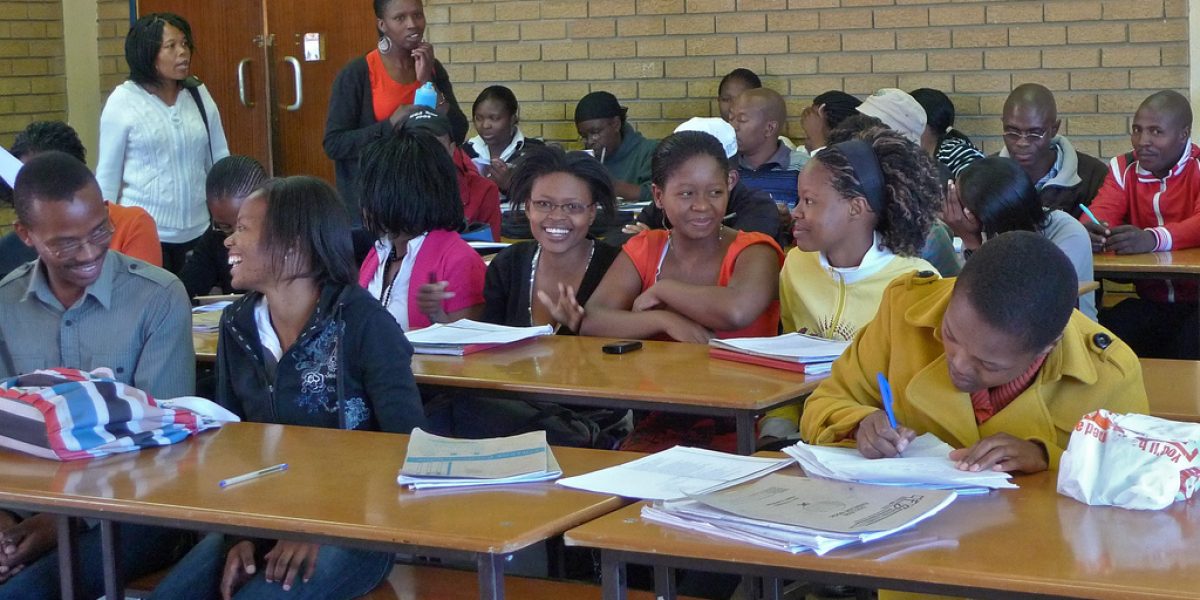Higher education in many African countries continues to be characterised by a crisis of overcrowding, inadequate staff, deteriorating standards, decaying physical infrastructure, insufficient equipment and declining budgetary and policy support from government. At the same time, however, demands are being made on the tertiary-education sector to produce quality graduates and cutting-edge research in support of national and continental development. Although recognition is growing that this sector is central to the continent’s ability to meet the objectives of initiatives such as the African Union’s New Partnership for Africa’s Development and the Millennium Development Goals of the UN, policy and institutional reforms in many countries tend to focus on the economic impact of higher education, neglecting the governance dimension. On the other hand, the vision guiding developmental objectives at national, continental and international levels emphasises the central role played by good governance as a precondition for achieving these goals.
The findings indicate that African universities continue to face the challenges of increasing demands for their services against diminishing or stagnant infrastructure, personnel and other resources. Universities are grappling with the task of reinventing themselves to meet the needs of the 21st century. Furthermore, the report presents the argument for integrating governance teaching into university education, based on, firstly, the integral role that universities play in national development, and, secondly, the centrality of improving governance as a precondition for development. This conclusion is based on both the findings of the research and SAIIA’s experience from its work on the African Peer Review Mechanism (APRM) since 2002. The latter has indicated that there is a specific need to integrate governance education into higher education, and to do this from a broader-than-national perspective in order to support national and continental development initiatives.
SAIIA sincerely thanks those who acted as peer reviewers for this paper.








